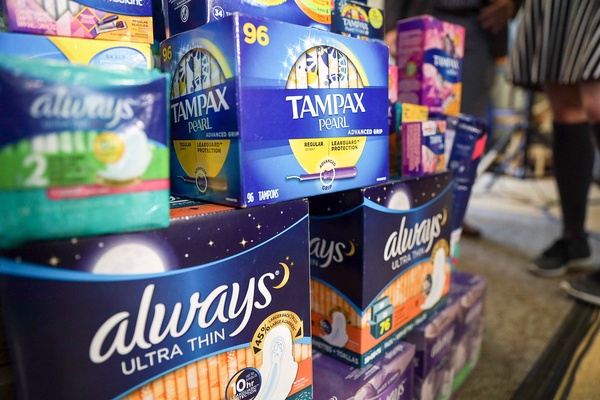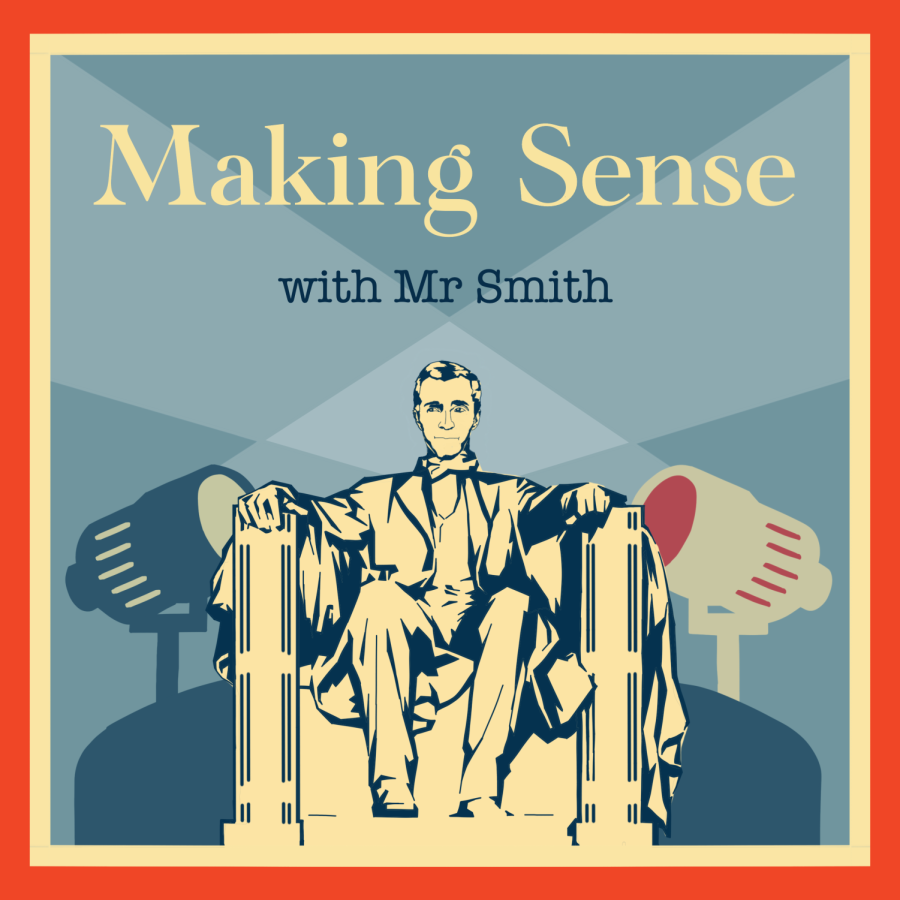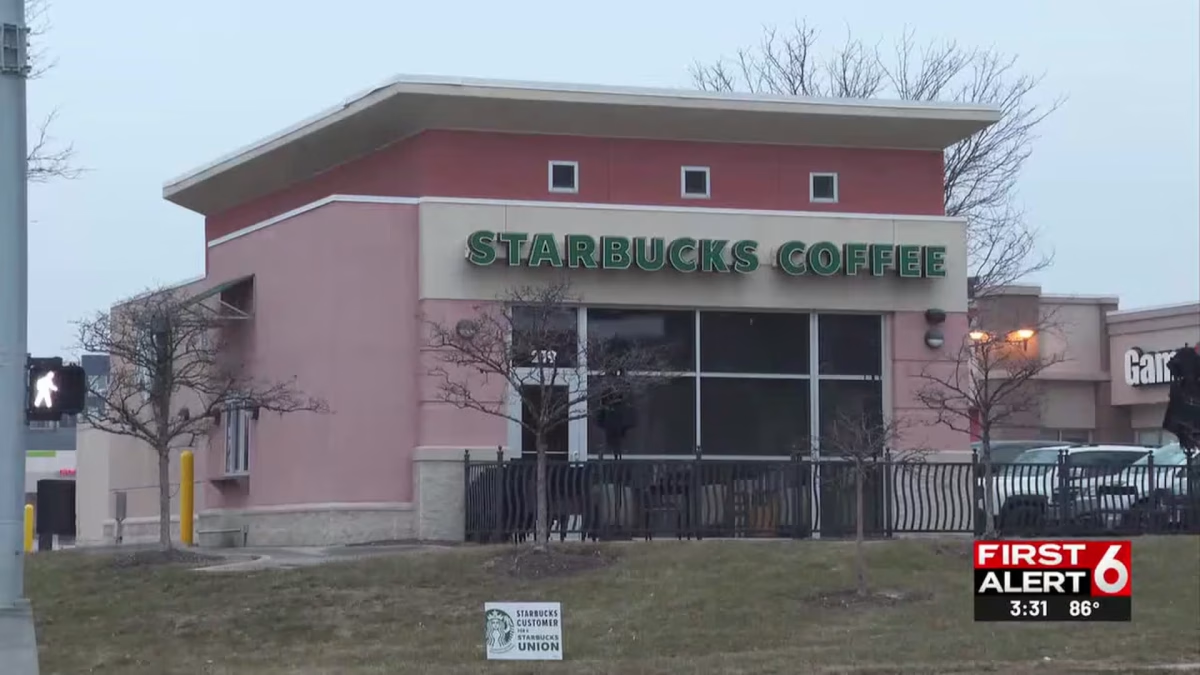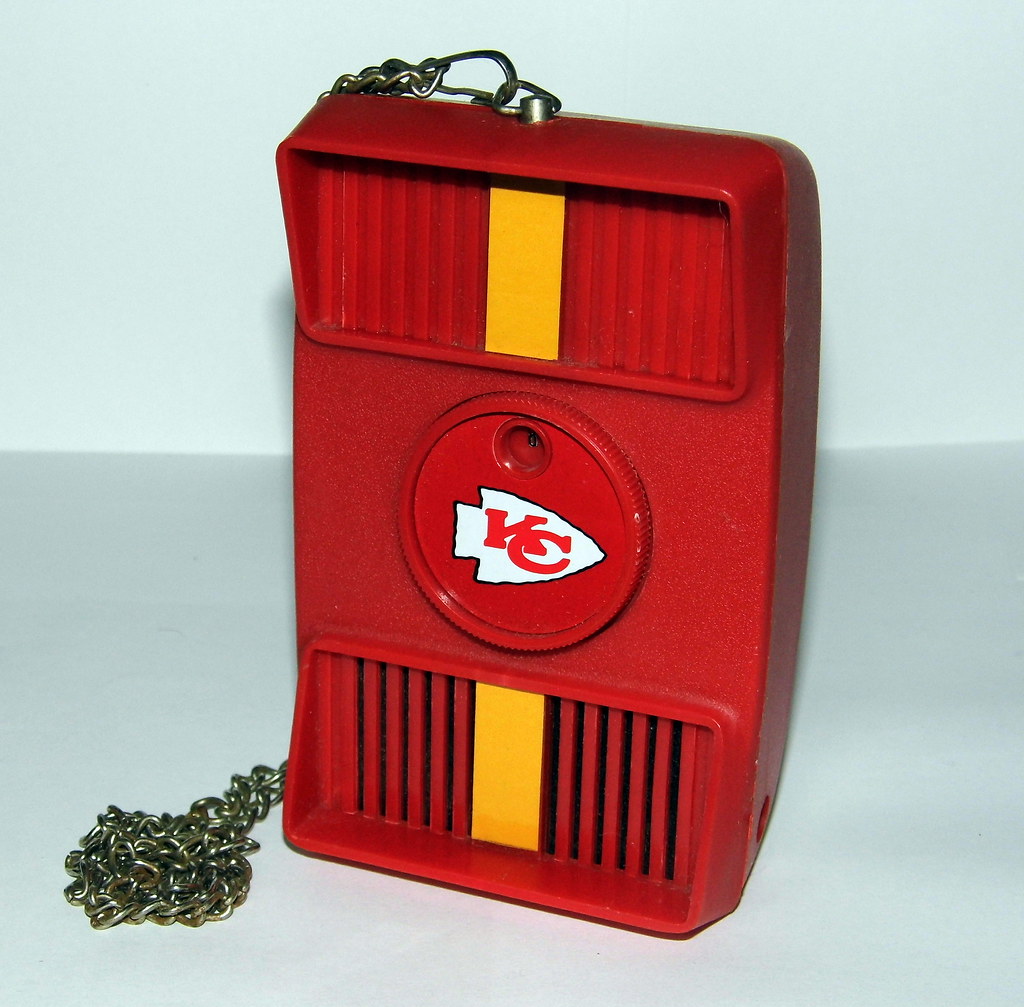Ending Period Poverty
How Gilmore House has brought an under-discussed issue to the forefront of the BT community

“That time of the Month,”“The Curse,” “Shark Week,” or whatever we might call the menstrual cycle of females, we all know of periods but never have conversations about them. The sad truth of it is, it’s uncomfortable and seen as taboo, but this stops us from informing our communities about a major problem, period poverty. What is period poverty? It’s defined as the lack of access to feminine products and the lack of education on menstrual cycles. It’s important to take into consideration that women who are homeless or are in poverty, still get their periods every month and do not have the affordability for menstrual products. Overall there are about 500 million people that are affected by period poverty worldwide, 16.9 of which are in the United States.
Not only is it financially difficult, but it also takes a toll on women’s mental and emotional health. This can be for many reasons such as feeling shame for having their period, missing school or work for not having hygiene necessities, and feeling that they are “unclean.” Society has deemed that periods are a “cliche” and women should be as quiet and secretive about it as possible by keeping their heads down. However, as our society progresses, so should open discussions. The way to break any discomfort is to vocalize it so that it’s normal and comfortable. Normalizing periods is so crucial for women, as it makes it less stressful to ask for products and have open discussions with peers about any concerns or questions regarding the topic. Unfortunately, due to menstruation being seen as a taboo topic, it is much harder for women in period poverty. This can lead to physical harm for females as studies have shown 51% of teenagers going through period poverty will use menstrual products longer than recommended. The stress it has for women, especially in poverty, is through the roof. Managing period drives is not only good for speaking up but also making the lives of women going through period poverty stress-free and more hygienic, which is exactly what Gilmore house is doing.

When our Gilmore girls found out about this issue they took action in fighting against it. Back in 2020, they started their first-period drive, run by Jade Segur, Emma Garfoot, and Mrs. Ryan. They teamed up with Youth Emergency Services (Y.E.S.) and asked all of the upper school to donate feminine products to support these young women in difficult situations. The Gilmore girls had a vision and made it a reality, when they donated all of the feminine products, Y.E.S. responded saying they now had over a year’s worth of feminine products to help their young females. Now the girls are doing this drive every year but in order for them to reach their period drive goal, they ask every house to donate at least 25 boxes of feminine products throughout February, once a house reaches 25 they earn an out-of-uniform day.
Although Gilmore’s drive has come to an end it’s important we keep taking steps forward to end period poverty. One way of doing this is by donating to our local shelters or to organizations that specifically help women access menstrual products. National advocacy is also very effective, influencing schools to provide free pads and tampons in their restrooms. And a simpler way of supporting the fight against period poverty is sharing with friends and family what this issue is and what it means. With everyone contributing, we can make a change… period.




















